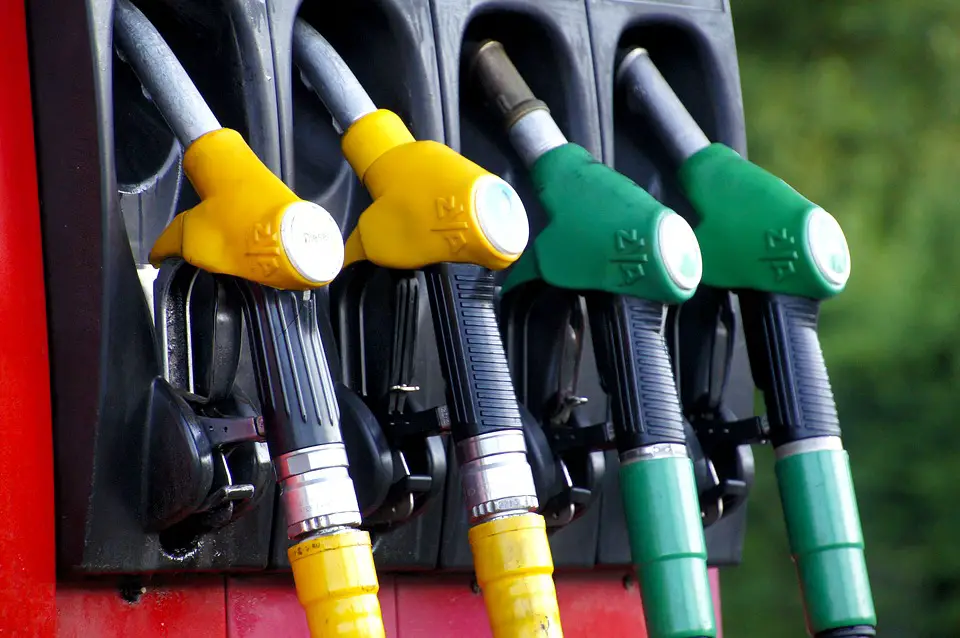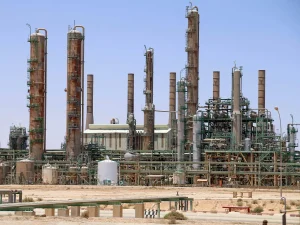Turkey & Morocco to take huge diesel deliveries from Russia?

Morocco continues to play a balancing act in the Ukraine war as officially it insists it is neutral in the conflict but reports continue to clash with these claims. Just recently, a number of articles claimed that Rabat has sold Russian made tanks to the Ukrainian government; these reports followed earlier ones of parts for Russian tanks being sent there by the Morocco government.
These reports have, it should be noted, been dismissed by Moroccans who claim they have been created by the Algerian government’s disinformation department.
However, what cannot be faked is Morocco’s import of Russian oil, which Reuters is reporting is being increased. The news agency doesn’t actually state as a fact that Morocco is importing Russian oil but reaches this conclusion by deduction.
The European Union (EU), in conjunction with the G7 countries and Australia, launched the second part of its plan on February 5, by banning the import of refined Russian petroleum products, mainly diesel but also kerosene, fuel oil or heating oil in a last ditch attempt to save its own face for its sanctions plan against Moscow which has spectacularly backfired.
The stunt is of course a way for Europe to attempt to weaken Russian President Vladimir Putin and claw back some credibility with voters and media.
To escape this embargo, Russia is redirecting its petroleum products from the European Union embargo, reports Reuters. It concludes that diesel deliveries to Morocco and Turkey will be increased as these two countries are not affected by EU sanctions, in theory, although any such sales would violate US sanctions against Russia.
Russian exports reached 735,000 tons in 2022, after only 66,000 tons the previous year, and totaled around 140,000 tons since the beginning of 2023. As for diesel deliveries from Russian ports to Turkey, they increased in December 2022 to more than 750,000 tonnes and totaled 5.05 million tonnes in 2022 compared to 3.99 million tonnes in 2021. Since the beginning of January, they have reached around 450,000 tonnes of diesel.
Despite the embargo, Russian exports of low-sulphur diesel and gas oil are expected to rise by 5% in February, to 4.3 million tonnes, the UK news agency said. In addition to the EU embargo, adverse weather conditions are expected to impact Russian diesel deliveries. “Deliveries of refined products could be affected by stormy weather in the Black Sea ports of Novorossiysk and Tuapse,” said a trader.
Want to chase the pulse of North Africa?
Subscribe to receive our FREE weekly PDF magazine













